Transforming Industries and Driving Innovation in India
By MYBRANDBOOK

Artificial Intelligence (AI) has emerged as a groundbreaking technology that is revolutionizing industries and reshaping the way we live and work. With its ability to mimic human intelligence and perform tasks that were once thought to be exclusive to humans, AI is transforming various sectors in India and unlocking new opportunities. This comprehensive article explores the rise of AI, the demands that are driving its growth, the challenges it faces, and the remarkable opportunities it presents across different domains. It also highlights specific AI use cases and examples in India, including Chat GPT and other relevant case studies.
The Rise of AI in India:
India has witnessed a significant rise in the adoption of AI across industries in recent years. With a vast population and a burgeoning digital ecosystem, the country is embracing AI technologies to drive innovation, improve efficiency, and tackle complex challenges. The convergence of factors such as advancements in computing power, increased data availability, and government initiatives supporting digital transformation has accelerated the growth of AI in India.
Demands Driving AI in India:
Several demands are fueling the growth of AI in India. Firstly, businesses across sectors are seeking to enhance operational efficiency, reduce costs, and optimize processes through automation. AI-powered systems can perform repetitive tasks at scale, improving productivity and freeing up human resources for more complex and strategic work. For instance, companies in the manufacturing sector are adopting AI-powered robots and machine vision systems for tasks like quality control, predictive maintenance, and inventory management.
Moreover, the need for personalized experiences, intelligent recommendations, and predictive analytics has driven the adoption of AI in areas like marketing, e-commerce, and entertainment. AI algorithms analyze vast amounts of customer data to deliver personalized recommendations, targeted advertisements, and optimized user experiences. E-commerce giants in India employ AI-driven recommendation systems to offer personalized product suggestions to customers, leading to increased customer engagement and conversion rates.
Challenges and Opportunities in India:
While AI presents significant opportunities, it also faces challenges in the Indian context. One key concern is the ethical and responsible use of AI. Issues such as privacy, bias, and the impact on jobs are particularly important in the Indian context. With a diverse population and socio-economic disparities, ensuring fair and unbiased AI systems is crucial. The Indian government, academia, and industry are actively working to address these challenges through policy frameworks, guidelines, and ethical AI practices.
Additionally, the lack of quality data is a challenge that needs to be overcome. In India, access to high-quality and diverse datasets can be limited, especially in regional languages and specific domains. The development of robust data infrastructure, data-sharing partnerships, and data privacy regulations are crucial to overcome this challenge. Interpretability and explainability of AI algorithms are also important for building trust and acceptance. Efforts are underway to develop explainable AI models that provide insights into decision-making processes.
Despite these challenges, AI offers tremendous opportunities in India. In the healthcare sector, AI can assist in early disease detection, medical imaging analysis, and drug discovery, leading to improved diagnosis and treatment outcomes. For example, Wysa, an AI-powered mental health chatbot developed in India, offers personalized emotional support and therapy to users, bridging the gap in mental health services.
In the finance sector, AI-powered algorithms enable fraud detection, risk assessment, and algorithmic trading, enhancing security and efficiency. Fintech companies in India are utilizing AI to analyze vast volumes of financial data, detect anomalies, and prevent fraudulent activities, ensuring a secure financial ecosystem. AI-powered chatbots are also transforming customer service in the banking industry, providing personalized assistance and seamless transactions.
AI Use Cases and Examples in India:
One prominent AI use case is Chat GPT, an advanced language model that can engage in human-like conversations and provide relevant responses. Powered by deep learning, Chat GPT understands context, generates coherent answers, and assists users in various domains, from answering questions to generating creative content. Chat GPT has found applications in customer support, content creation, and virtual assistants in various Indian industries, including e-commerce, media, and technology.
Another notable example is CropIn, an AI-powered agricultural technology company based in India. CropIn uses AI and satellite imaging to provide farmers with insights and recommendations for optimized crop management. By analyzing data such as weather patterns, soil quality, and crop health, CropIn enables farmers to make data-driven decisions, leading to higher crop yields and reduced resource wastage.
Conclusion:
Artificial Intelligence is transforming industries and driving innovation in India, opening up new possibilities and creating significant impact. The rise of AI in the country is fueled by demands for operational efficiency, personalization, and predictive analytics. While challenges related to ethics, data quality, and interpretability exist, concerted efforts in research, policy development, and responsible AI practices are paving the way for an AI-powered future in India.
With AI’s potential to improve healthcare, finance, customer service, and various other sectors, India is witnessing the deployment of innovative AI solutions that cater to its unique needs and challenges. As the country continues to invest in AI research and development, collaborations between academia, industry, and the government will play a crucial role in harnessing the power of AI and driving inclusive growth in India. By embracing AI responsibly, India can unlock unprecedented opportunities, solve complex problems, and shape a brighter future for its citizens.
Internet of things
The Internet of Things (IoT) is a rapidly growing technology that is having a major impact on businesses and industries around the world. India is no exception, and the IoT market in India is expected to grow significantly in the coming years.
There are a number of factors driving the growth of the IoT market in India. These include:
A large and growing population: India has a population of over 1.3 billion people, and this number is expected to continue to grow in the coming years. This large and growing population provides a large potential market for IoT devices and services.
A young and tech-savvy population: The average age of the Indian population is 29 years old, and this population is increasingly tech-savvy. This makes India an attractive market for IoT companies that are looking to reach a young and tech-savvy audience.
A government that is supportive of the IoT industry: The Indian government is supportive of the IoT industry and has taken steps to promote its growth. For example, the government has launched the National IoT Mission, which aims to create a conducive environment for the growth of the IoT industry in India.
Market Size
The IoT market in India is still in its early stages of development, but it is growing rapidly. In 2022, the market was valued at US$1 billion, and it is expected to reach US$27.31 billion by 2023. The largest market within IoT in India is Industrial IoT, which is expected to account for 35% of the market by 2023. Other major markets include smart cities, smart homes, and connected healthcare.
The growth of the IoT market in India is creating a number of opportunities for businesses and industries. These opportunities include:
Increased efficiency and productivity: IoT devices can help businesses to improve efficiency and productivity by collecting data and providing insights that can be used to make better decisions. For example, IoT devices can be used to track the movement of goods in a warehouse, which can help to improve inventory management and reduce costs.
Improved customer service: IoT devices can help businesses to improve customer service by providing real-time information about products and services. For example, IoT devices can be used to track the performance of a product and send alerts to customers if there is a problem.
New business models: IoT is enabling new business models that were not possible before. For example, businesses can now offer subscription-based services that provide access to IoT devices and services.
Challenges
The growth of the IoT market in India is creating a number of challenges for businesses and industries. These challenges include:
Security: IoT devices are connected to the internet, which makes them vulnerable to cyberattacks. Businesses need to take steps to secure their IoT devices and networks.
Data privacy: IoT devices collect a lot of data about users. Businesses need to be transparent about how they collect and use this data.
Standardization: There is a lack of standards for IoT devices and services. This can make it difficult for businesses to integrate IoT devices and services into their existing systems.
The IoT market in India is a rapidly growing market that is creating a number of opportunities and challenges for businesses and industries. Businesses that are able to overcome the challenges and take advantage of the opportunities will be well-positioned to succeed in this growing market.
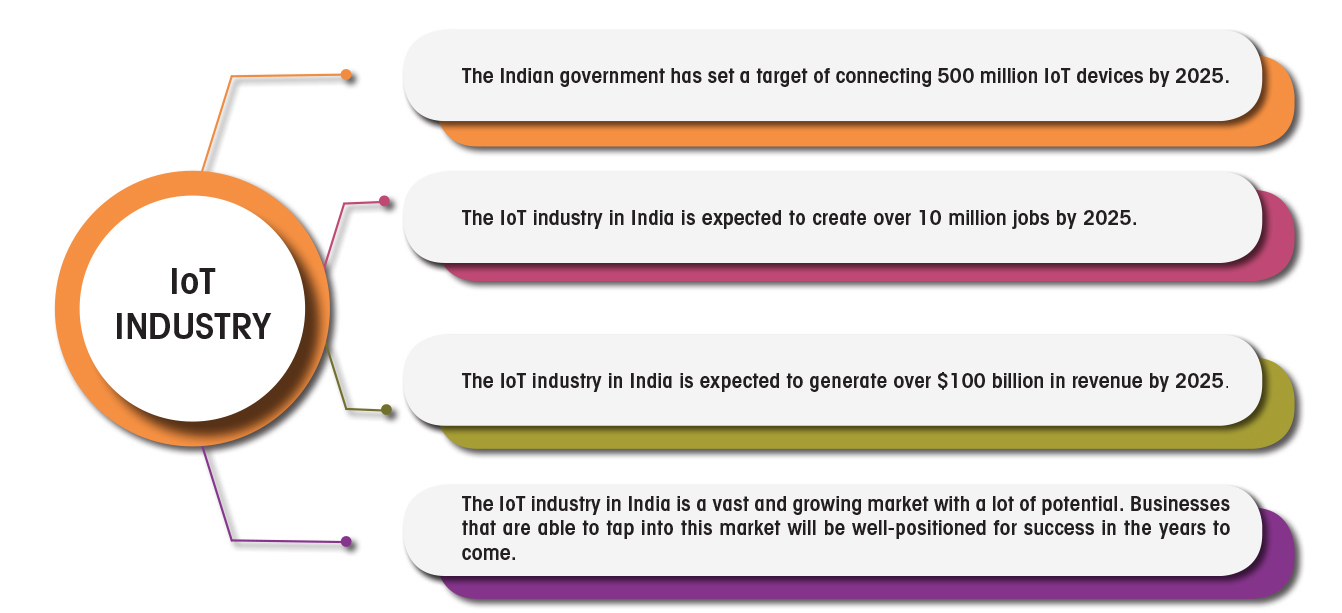


Legal Battle Over IT Act Intensifies Amid Musk’s India Plans
The outcome of the legal dispute between X Corp and the Indian government c...

Wipro inks 10-year deal with Phoenix Group's ReAssure UK worth
The agreement, executed through Wipro and its 100% subsidiary,...

Centre announces that DPDP Rules nearing Finalisation by April
The government seeks to refine the rules for robust data protection, ensuri...

Home Ministry cracks down on PoS agents in digital arrest scam
Digital arrest scams are a growing cybercrime where victims are coerced or ...

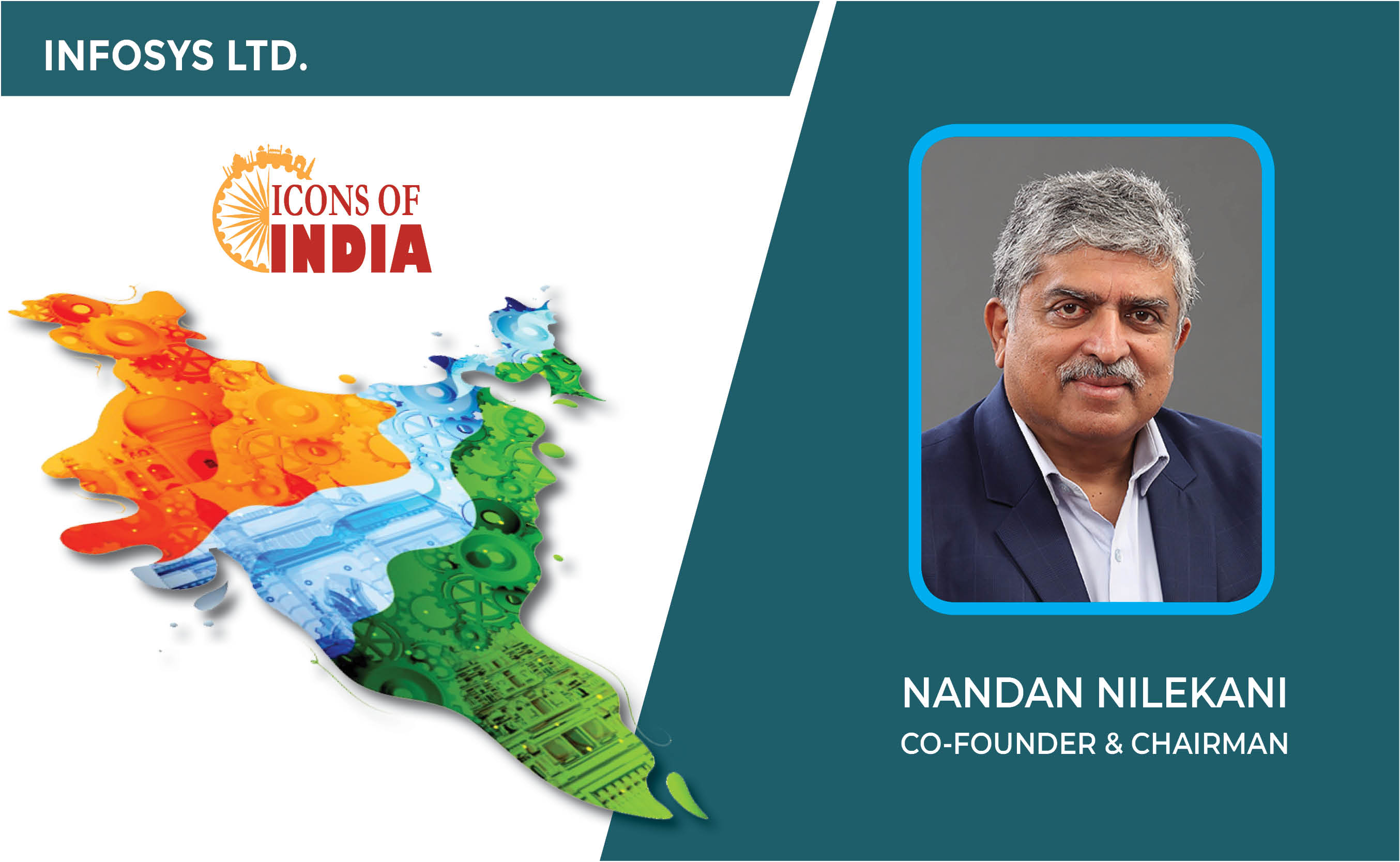
Icons Of India : NANDAN NILEKANI
Nandan Nilekani is the Co-Founder and Chairman of Infosys Technologies...
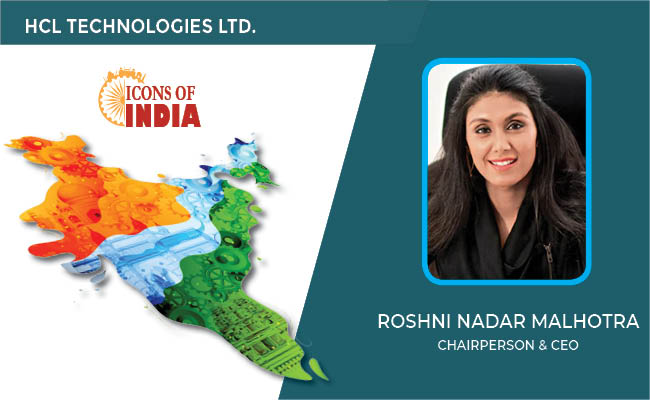
ICONS OF INDIA : ROSHNI NADAR MALHOTRA
Roshni Nadar Malhotra is the Chairperson of HCLTech, a leading global ...
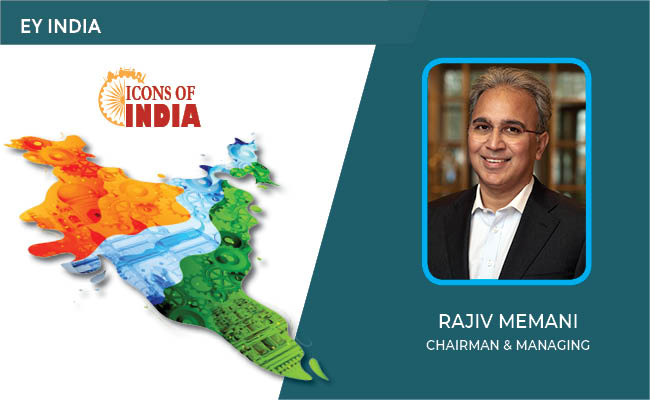
ICONS OF INDIA : RAJIV MEMANI
As Chair of the EY Global Emerging Markets Committee, Rajiv connects e...

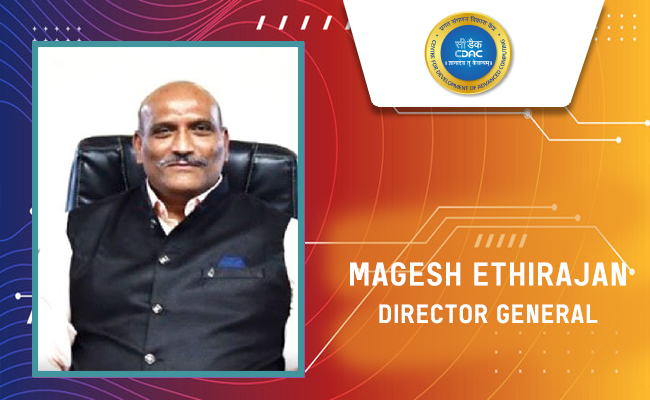
C-DAC - Centre for Development of Advanced Computing
C-DAC is uniquely positioned in the field of advanced computing...

ECIL - Electronics Corporation of India Limited
ECIL is distinguished by its diverse technological capabilities and it...

CSC - Common Service Centres
CSC initiative in India is a strategic cornerstone of the Digital Indi...


Indian Tech Talent Excelling The Tech World - Sanjay Mehrotra, CEO- Micron Technology
Sanjay Mehrotra, the President and CEO of Micron Technology, is at the...
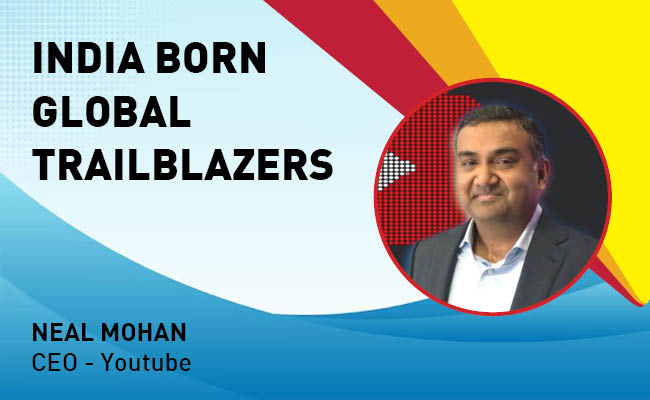
Indian Tech Talent Excelling The Tech World - NEAL MOHAN, CEO - Youtube
Neal Mohan, the CEO of YouTube, has a bold vision for the platform’s...

Indian Tech Talent Excelling The Tech World - Aman Bhutani, CEO, GoDaddy
Aman Bhutani, the self-taught techie and CEO of GoDaddy, oversees a co...
 of images belongs to the respective copyright holders
of images belongs to the respective copyright holders